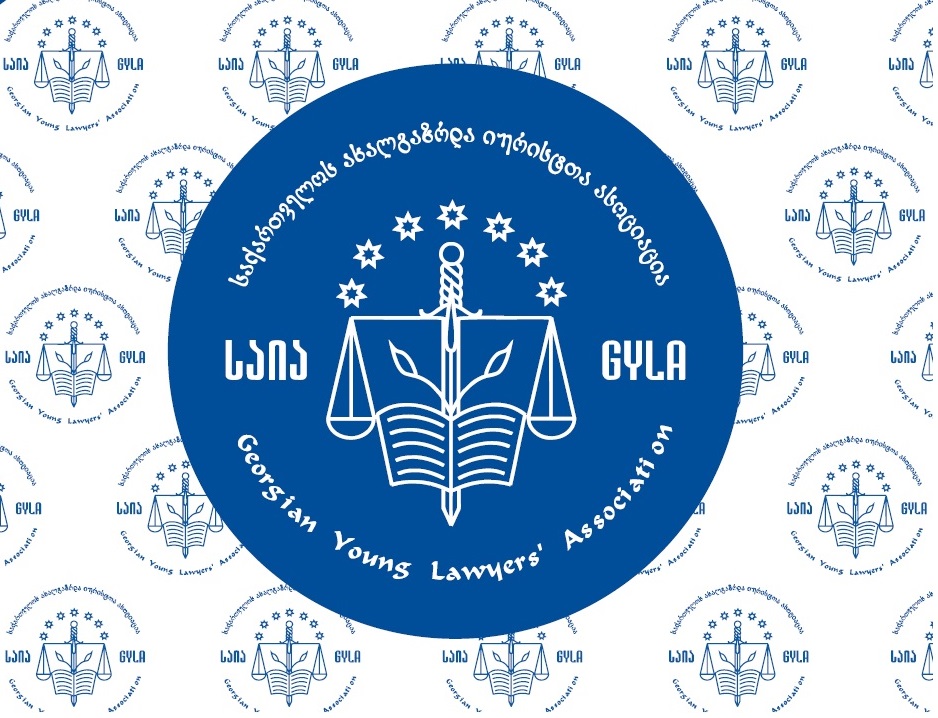
Based on GYLA’s complaint the Constitutional Court recognized the unconstitutionality of the incapability model
Under the Civil Code, if recognized disabled, the persons with mental disorder and/or developmental disability were being deprived of independently exercising all of their rights; among others, even of buying small-cost meals/products at stores. In the civil relations, the guardian usually acted on behalf of a disabled person and along with that, no individual assessment was being conducted prior to recognizing a person to be disabled. Specifically, it was not being assessed that despite a developmental problem, a person could have had the ability to make small-scale daily transactions, despite not having an ability to participate in the multi-million transactions. The incapability model operating in Georgia meant depriving disabled persons of a possibility to exercise any right independently, which represented a grave form of violating the individual rights of humans.
It is undoubtedly a step forward that under the decision of the Constitutional Court, persons with disabilities (in case of having relevant abilities) will gain a right to marriage as well.
GYLA welcomes the human rights-oriented decision of the Constitutional Court. In addition, GYLA declares its willingness to engage in the process of legislation reform, which, as ordered by the Constitutional Court, must be conducted by the Parliament of Georgia prior to April 1, 2015.
ჯ. კახიძის #15, თბილისი, საქართველო, 0102 ; ტელ: (995 32) 95 23 53; ფაქსი: (995 32) 92 32 11; ელ-ფოსტა: gyla@gyla.ge; www.gyla.ge
15, J. Kakhidze str. 0102, Tbilisi, Georgia. Tel: (995 32) 95 23 53; Fax: (995 32) 92 32 11; E-mail: gyla@gyla.ge; www.gyla.ge


